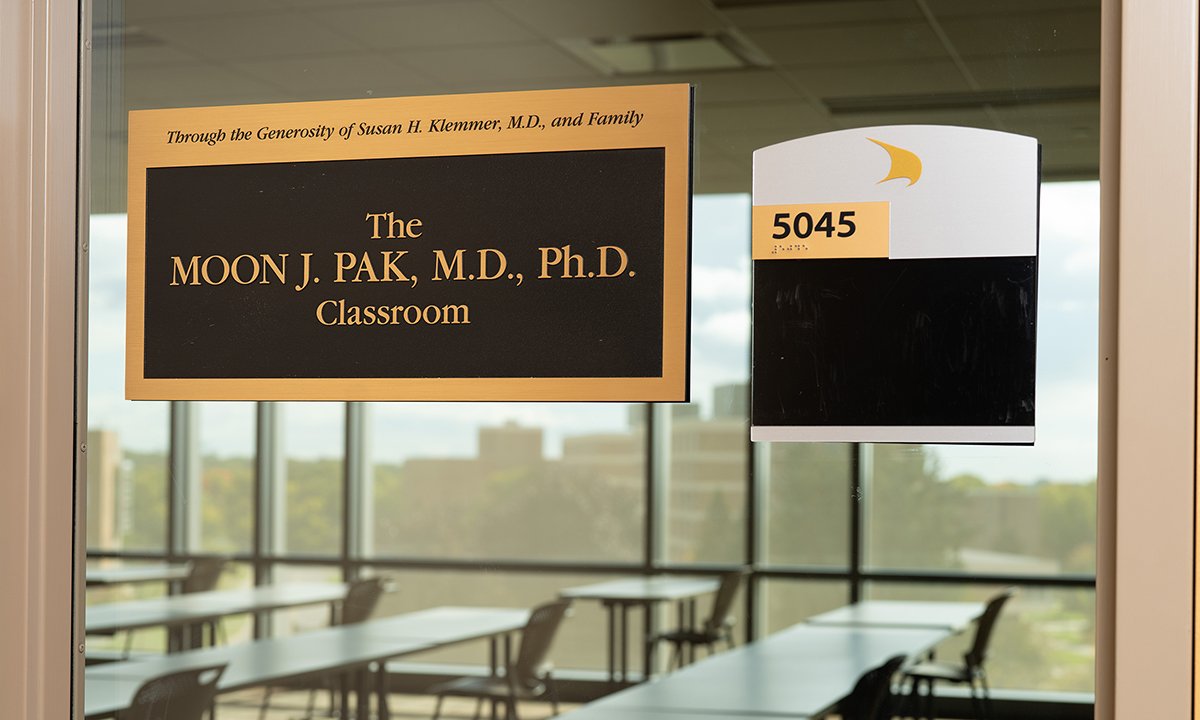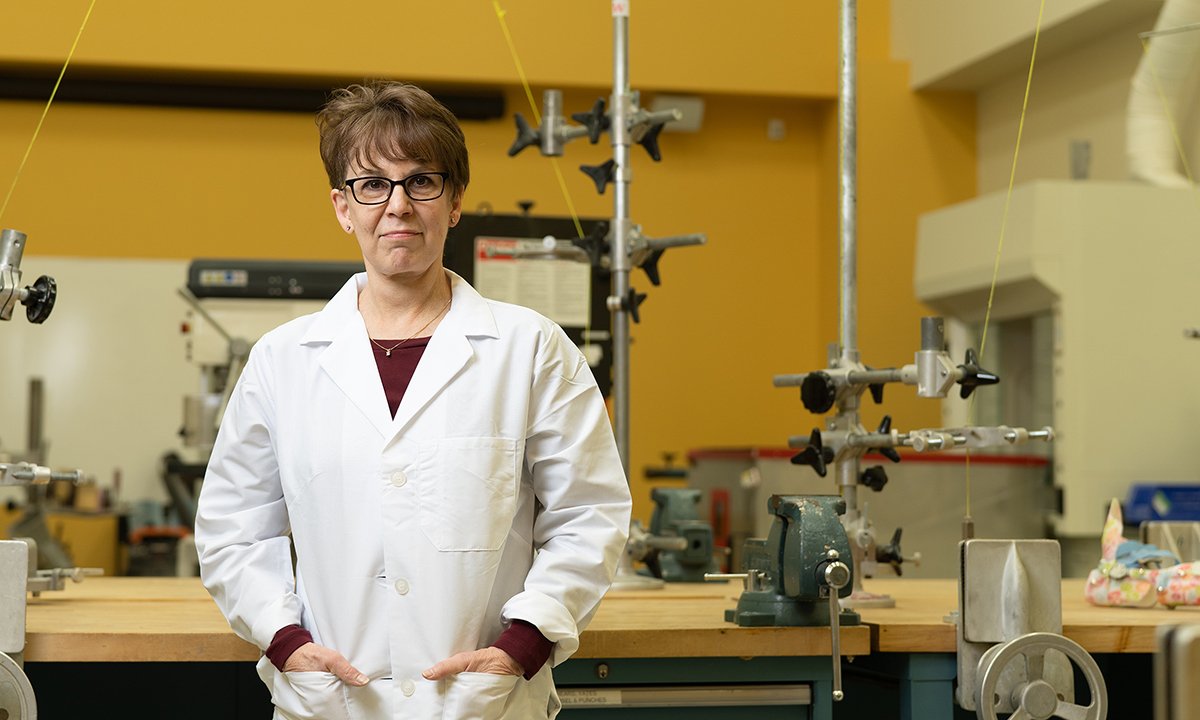Combining Wellness and Health Promotion with Public Health
Dual degree program provides opportunities for students to address health inequities
The School of Health Sciences has rolled out an accelerated pathway, enabling students to earn a Bachelor of Science in Wellness and Health Promotion (WHP) and a Master of Public Health (MPH) in just five years.
In this “4+1” dual degree program, students complete coursework for a bachelor’s in wellness and health promotion by taking specific graduate level public health courses as undergraduates, and they also gain direct entry into the MPH. Experiential learning through an internship and practicum is essential. The focus is on preparing students for careers that improve the health and wellness of individuals, organizations, and communities.
 |
| Haley Bennett |
For Haley Bennett, the WHP to Public Health program is a perfect fit. She is passionate about living a healthy lifestyle and impacting the health needs of the community. “I was attracted to the dual degrees because I know they will help me learn how to create positive change,” says the Westland native.
“And, an added bonus – I am saving time and money,” Bennett says. The program enables students to apply early to the graduate program and then count 12 credits in their undergraduate curriculum (specific predefined courses) towards their graduate degree.
Florence J. Dallo, Ph.D., professor and director of wellness and health promotion, explains that in addition to a rigorous curriculum concentrated on health promotion and disease prevention, much of the learning takes place in the community, working with diverse populations. “Students gain meaningful field experience in wellness clinics, schools, treatment centers, and other real-world settings, interacting with people of all ages, cultural backgrounds, and levels of fitness,” explains Dallo.
This community-based participatory research approach incorporates local knowledge and expertise into the planning and implementation of research, policies, or programs to improve public health, which Dallo says is critical to addressing health disparities.
Now, more than ever, there is an increased demand for competent professionals to meet the public health needs of an ever-changing world. “Practical, hands-on experience gives our graduates a significant advantage in the job market. Opportunities are varied in both the public and private sector, including jobs with international health organizations, federal government agencies, local health departments, hospitals, clinics, community organizations, and universities,” Dallo says.
Bennett is scheduled to graduate in August 2022 after completing her final practicum. She sees herself working with women and children, creating impactful policies that promote equity, inclusion and healthy habits. “This program has made me more aware of the countless injustices in the world, and I look forward to being part of the solution.”
Learn more about the WHP to Public Health “4+1” dual degree program at oakland.edu/shs/public-and-environmental-wellness/whpmph-dual-degree .

 November 06, 2020
November 06, 2020
 By Nina Googasian
By Nina Googasian



